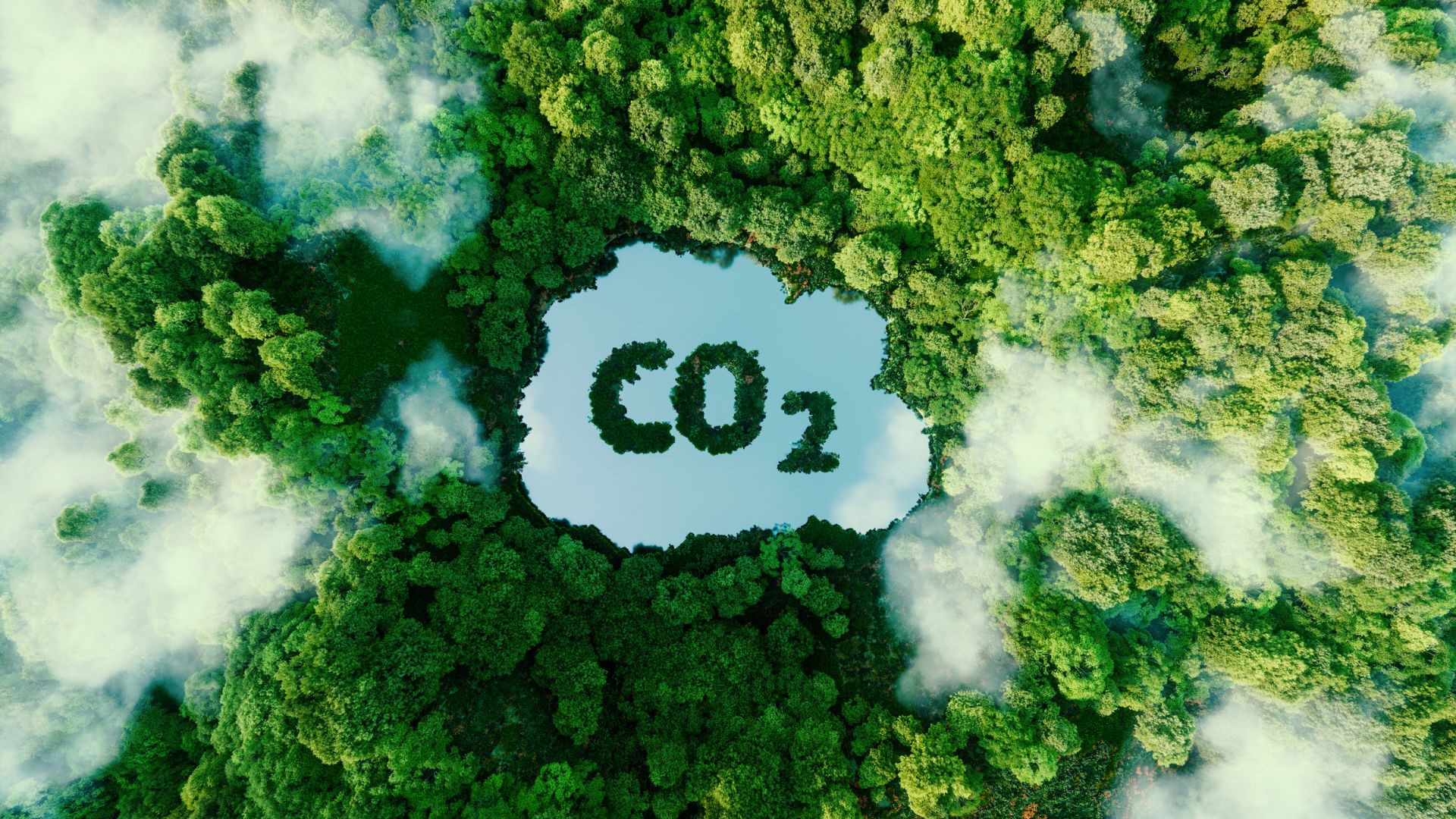WUHAN, China – Researchers at the Huazhong University of Science and Technology (HUST) in Wuhan, China, have found a reliable way to fix carbon dioxide gas from the atmosphere into useful chemical products, which scientists call a “milestone” achievement, the South China Morning Post reported.
As the world looks to clean up the planet’s warming carbon dioxide gas from the atmosphere, multiple approaches are being tested in laboratories where the gas can be converted into useful products such as methanol, ethanol, alkanes, or olefins. However, the approach to such conversion systems has a major drawback. They can only work for a hundred hours, making them unsuitable for large-scale operations.
Scientists use electrochemical methods in these conversion systems, where an electric charge is applied to change a chemical’s properties. For instance, the process involves breaking the chemical bonds between carbon dioxide molecules and adding elements like hydrogen to the mix to produce hydrocarbons such as ethanols or formic acid.
The process is carried out in the presence of an electrolyte where researchers have conventionally an alkaline feedstock. However, the process produces unwanted by-products, such as carbonates, that attach themselves to the equipment, reducing efficiency. This has limited the lab equipment’s lifetime to a few hundred hours.
The researchers at HUST teamed up with those from the University of Auckland, New Zealand. They spent the last five years looking for a viable solution to this problem. Their efforts yielded results when they found an electrolyte that could run the systems for at least 5,000 hours, longer than any known approach so far, marking a significant milestone. When calculated, efficiency of the system was recorded at 93 percent.
Interestingly, the electrolytes used by the researchers came from spent lead acid batteries that were already looking for a safe method for their disposal. Used extensively in the automotive, energy, and military sectors, lead-acid batteries are a mature technology but have failed to work out simple processes for their disposal.
To read more, click on Interesting Engineering
Source link
credite

